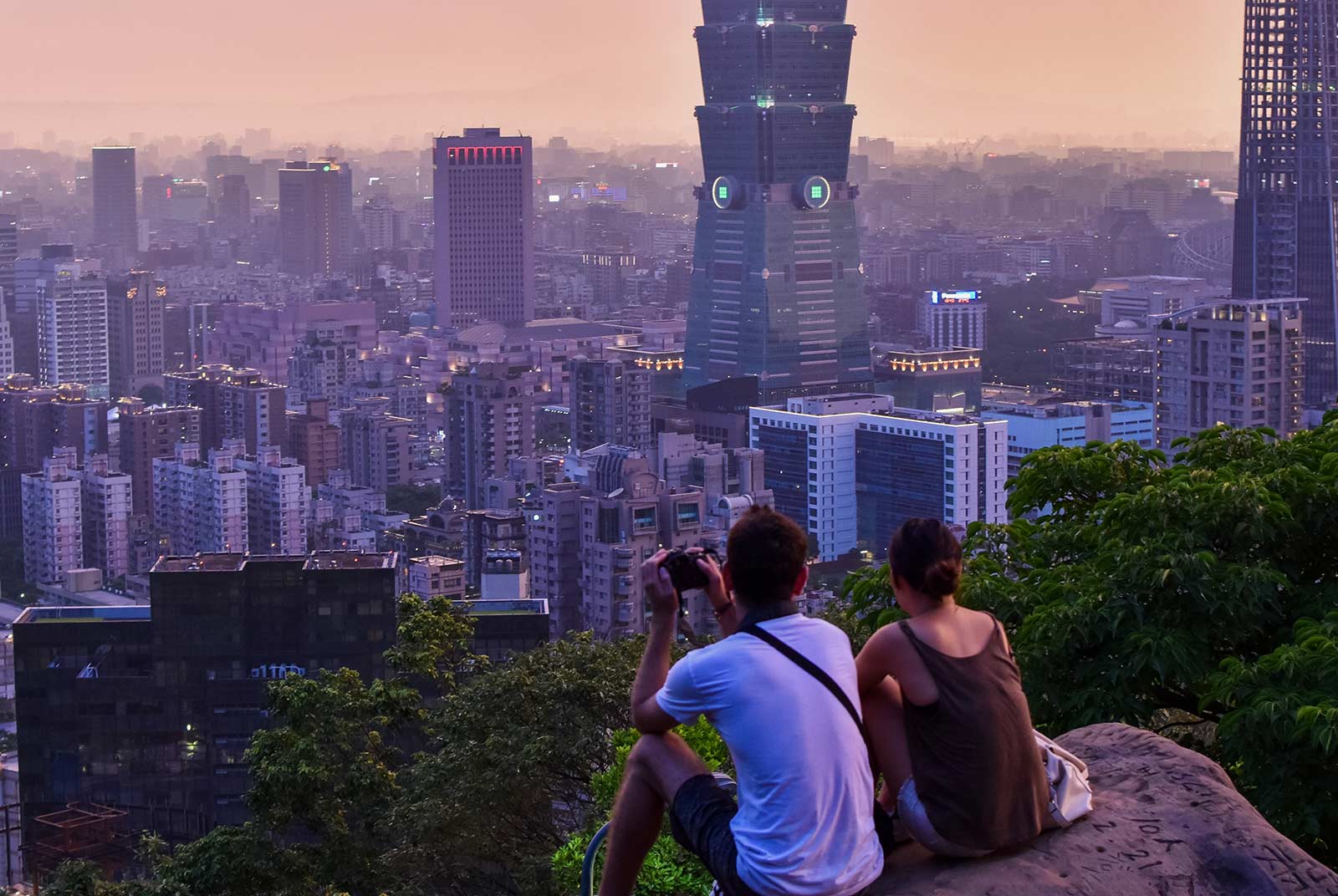CommonWealth Economic Forum
Empowering Local Communities and Culture

Source:cw
Lin Hwai-min, founder and artistic director of Cloud Gate Dance Theatre, offers inspiration: Great changes begin with little steps.
Views
Empowering Local Communities and Culture
By Ma Yueh-linFrom CommonWealth Magazine (vol. 492 )
Lin Hwai-min finished his speech in exactly 19 minutes 40 seconds, just 20 seconds short of the scheduled speaking time, demonstrating the professional exactness and perfect timing that also characterizes his choreographies. Just as in his dance pieces, Lin set off a firework of emotions with his speech.
Opening day two of the CommonWealth Economic Forum with a keynote address, Lin spoke about "Empowering Local Communities and Culture." As he illustrated his speech with a series of photographs, Lin told a captivated audience how he hopes to sow the seeds of culture in Taiwan's remote, underdeveloped areas.
Lin had in fact just returned from New York where he accompanied Cloud Gate 2 on its debut at the Joyce Theater in early February. Subsequently, the troupe – founded in 1999 two decades after the original Cloud Gate Dance Theatre, with the mission of taking the works of young Taiwanese choreographers to local audiences – went on a three-week tour of the east and west coasts of the United States.
Joyce Theater is a venue in which every modern dance troupe aspires to perform one day. Not only did Cloud Gate 2 open the theater's 2012 spring season, but all four performances there were sold out. It was a milestone in Cloud Gate 2's 13-year-long history and an important achievement for Lin and the young choreographers he has taken under his wings.
Yet Lin did not say a single word about this resounding international success.
Instead, he started out with the recent death of Taiwanese pop legend Fong Fei Fei, saying it marked the end of an era. When Fong shot to fame, Taiwan was not affluent yet, but people had confidence in the future. He said that the new cultural movement of the 21st century should be to let ordinary people determine their own cultural lives. Pointing to economic recession, war, a widening wealth gap and environmental disasters, Lin noted, "While such big issues probably cannot be resolved completely, we still have many things to do. Each of us can make contributions to our society, because big changes always start with tiny things or come in little steps."
Lin cited a number of examples of how small steps can effect massive change. He pointed to Muhammad Yunus, who won the Peace Nobel Prize for his micro-credit scheme for poor people, and Jose Antonio Abreu, who founded an orchestra for poor Venezuelan kids. He also mentioned 26-year-old Taiwanese Yang Hui-tsu, who single-handedly started raising money to build schools in China's remote Guangxi Province after a trip in which she learned that children of the local Yao minority did not have access to proper schooling. "You can do such things all by yourself," Lin encouraged his audience.
He called his listeners the "Medicis of the 21st century and the Carnegies of Asia." It was the wealthy Medici clan that helped humanism and art to flourish in Florence during the 15th century, inspiring the birth of the Renaissance Movement. And in the 19th century, American steel magnate and philanthropist Andrew Carnegie founded museums in the steel city of Pittsburgh and the Carnegie Hall for musical performances in New York, enriching people's lives and laying the foundations that allowed American culture to become a dominant global force in the 20th century.
Lin ended his speech with an artful quote from Fong Fei Fei's first hit song, Wish You Happiness: "Use your wisdom, work up a sweat, and create your own happiness." He said he hoped that everyone's personal happiness would include the happiness of others and society at large.
The audience, made up mostly of business persons, remained spellbound by the words of this cultural figure. Guests and speakers from China were particularly moved. "He said that really well. In China we need such ideas," said an inspired Lai Yujing, a board member of Hunan's Broad Group.
Modern dance is the source of Lin's happiness, and the rest of us are fortunate that his happiness includes us too. Quite a number of those who listened to Lin's speech must have been stirred to wonder: What could I contribute to the happiness of others?
Translated from the Chinese by Susanne Ganz






